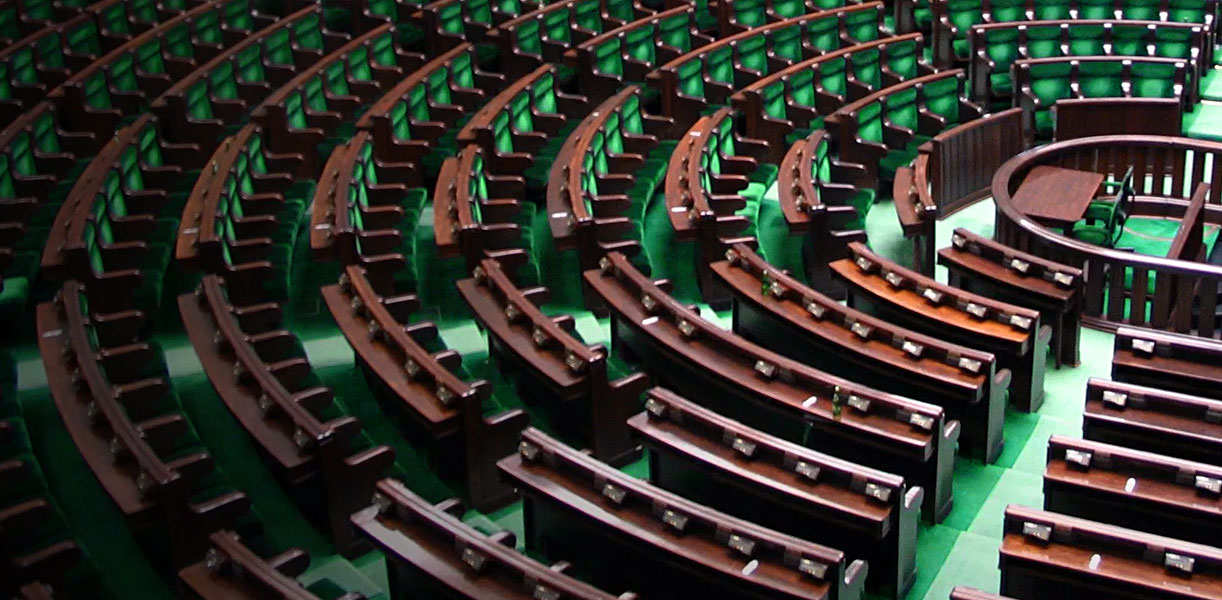At the Wednesday session of the Sejm, an amendment to the act on energy efficiency was adopted. Now it will go to the Senate.
The key change resulting from the draft in question is the inclusion in the system of energy efficiency certificates of fuel companies that market liquid fuels for transport purposes. Imposing on these entities the obligation to implement a specific level of energy savings will require the implementation by these entities of projects aimed at improving energy efficiency, redeeming an appropriate number of so-called “White certificates” or paying a substitute fee under certain conditions.
The amendment introduces an obligation for owners or managers of multi-unit buildings to install heat meters and remote reading water meters by January 1, 2027. In addition, heat and gas suppliers will have to inform customers about the amount of gas and heat consumed in the previous year, similar to the obligations of electricity suppliers.
The amendment adds the option of settling energy savings obligations through the implementation of projects aimed at improving energy efficiency at end users under non-returnable subsidy programs.
There will also be a central register of final energy savings, supervised by the Institute of Environmental Protection. The register will include data on, inter alia, implemented energy efficiency projects. It is to seal the system of monitoring and reporting energy savings resulting from the implementation of EU and national programs.



